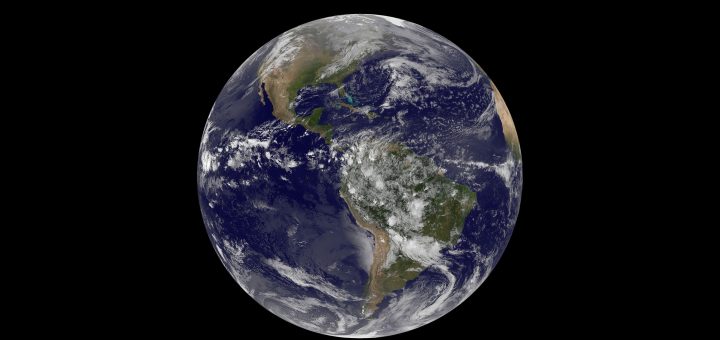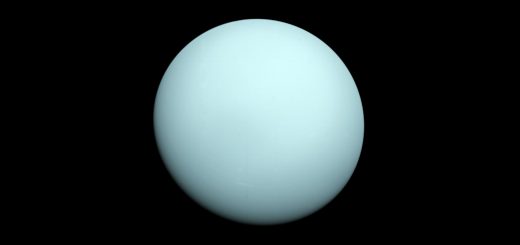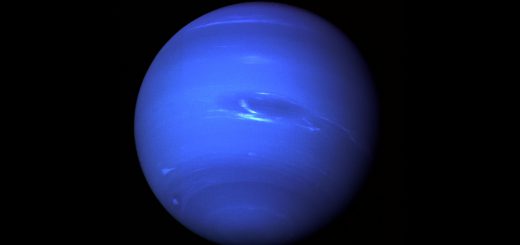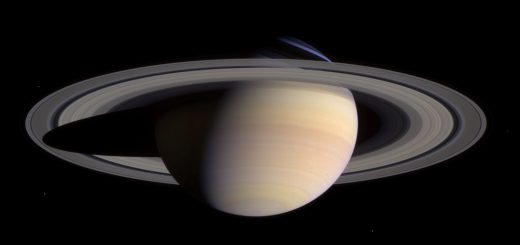Earth

This is our home planet, and you’re probably very well acquainted with it. It’s still the only place in the universe that we know of that harbours life.
Earth is largest of the four rocky inner planets, and it is the densest planet in the solar system. We often like to think of our world as the land we stand on, oceans, seas, rivers and lakes cover around 71 percent of the planet’s surface.
Indeed, our conception of our home planet gives rise to its English name. Earth, unlike the other planets, doesn’t have a name grounded in Roman and Ancient Greek mythology. That’s because for many in the ancient world, Earth wasn’t a planet or regular celestial object, like Mars or Venus or Mercury, which we could observe in the night sky.
The notion that Earth was at the centre of the solar system, and indeed the entire universe, didn’t really begin to take hold until Nicolaus Copernicus proposed that the planets actually revolved around the Sun.
So, back to Earth’s etymology. Earth comes from the Old English word eorþe (pronounced eor-the), which meant ground, soil, dry land, country or district. Eorþe is derived from the Proto-Germanic word ertho, and the Proto-Indo-European root word er.
Source: Online Etymology Dictionary
Header image: Satellite View of the Americas on Earth Day by NASA



